Nanxiang ancient town
Jiading Nanxiang Ancient Town is a national AAAAA scenic spot, located in Nanxiang Town, Jiading District, Shanghai. There are famous scenic spots such as brick pagoda, Guyiyuan, Hebi Mountain, Liuyun Chan Temple and so on.
History of Development
Nanxiang is an ancient famous Chaxi. When Emperor Liang Wudi founded the country, Nanxiang was still a desolate village. One day, a local farmer dug up a huge stone more than a foot long when it was on the farmland. As soon as the stone was exposed to the ground, a pair of red-crowned cranes circled over the stone and landed on it to rest their feet. A monk named Deqi thought it was a Buddhist site and decided to build a Buddhist temple here. Strange to say, every day the white crane flies to which direction, which direction there are people to donate money, every day so, never stop. Soon a large sum of money was raised to break ground and start building monasteries. In 505 (Liang Tianjian's fourth year), Baihe Nanxiang Temple was built. Because the temple became a town, it was named Nanxiang.
Nanxiang Town is one of the four famous historic towns in Shanghai. It has a long history, rich cultural relics and historic sites, and rich tourism resources.
There are five generations of brick towers rarely seen in China, and Guyi Garden, which is still a scenic spot in Nanxiang. About a mile south of town, there is the only golf course in Shanghai with night lighting, the Oriental Paris Golf and Country Club, which covers an area of about 400 mu. It is an ideal base for leisure and business. All these have laid a good foundation for Nanxiang's tourism industry. The Liuyun Chan Temple (formerly Yunxiang Temple) under construction will add new contents to Nanxiang's tourism industry.
Tourism Information
Natural landscape
Marshes, wetlands, valleys, countryside, seashore, sea areas, Islands
Suitable for the crowd
Family, Individual, Couple, Company, Friends, Children, Old People
best Times
January,February,March,April,May,June,July,August,September,October,November,December
Travel mode
Long distance bus
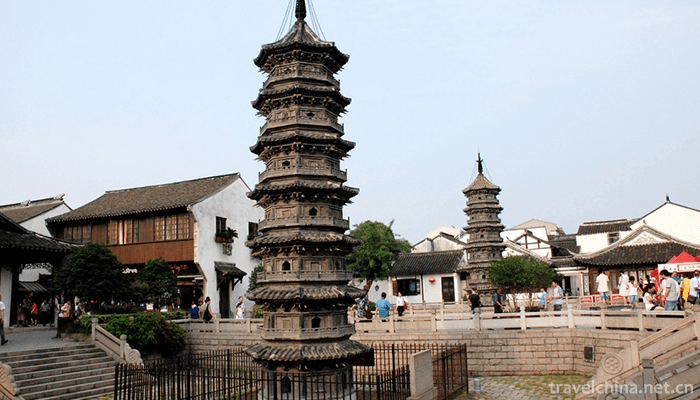
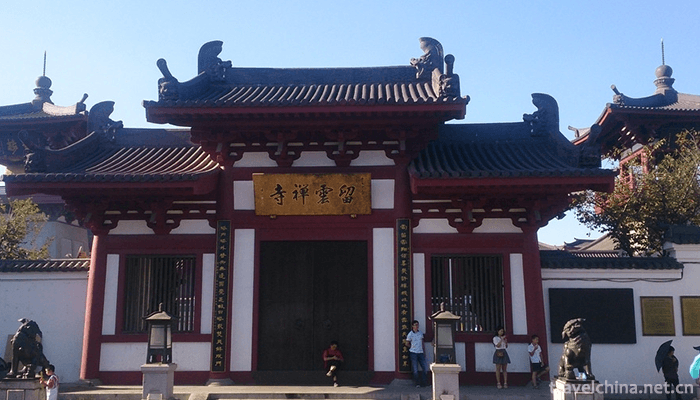
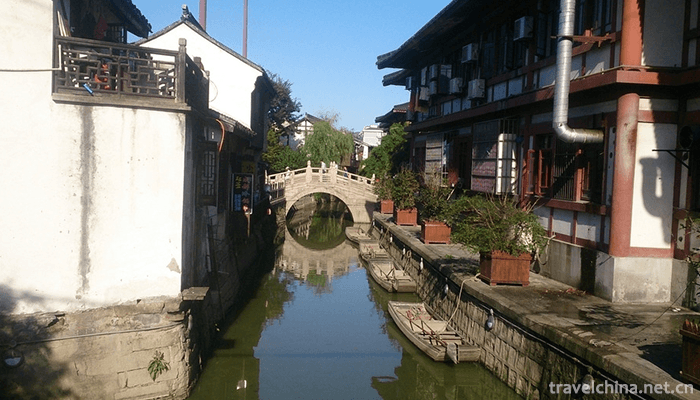

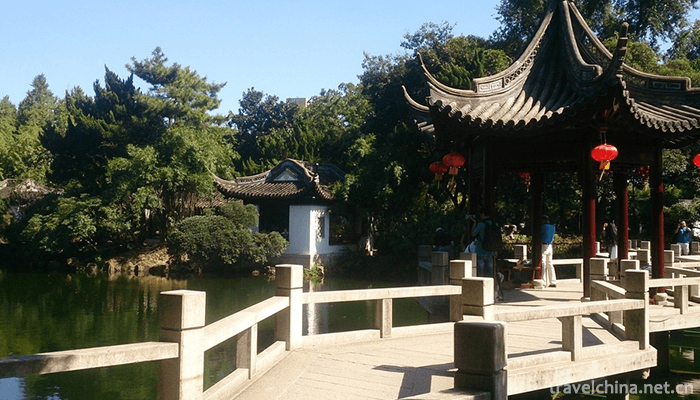
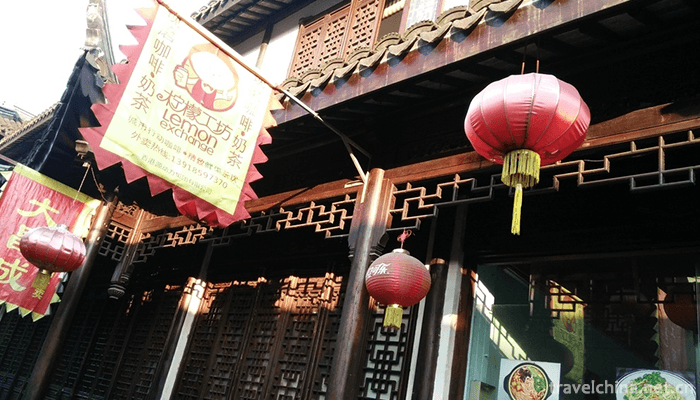
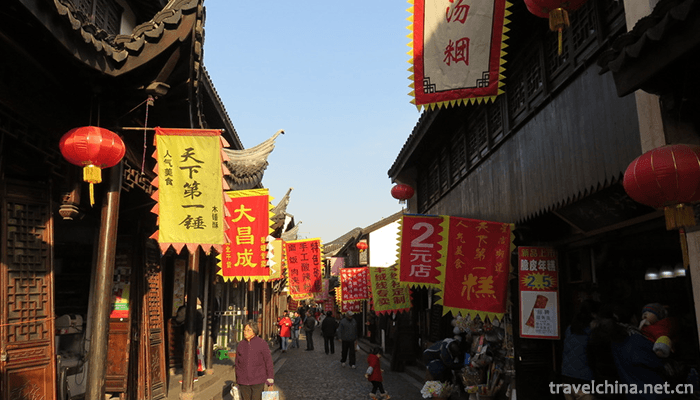
0 Questions
Ask a Question
Your email address will not be published.